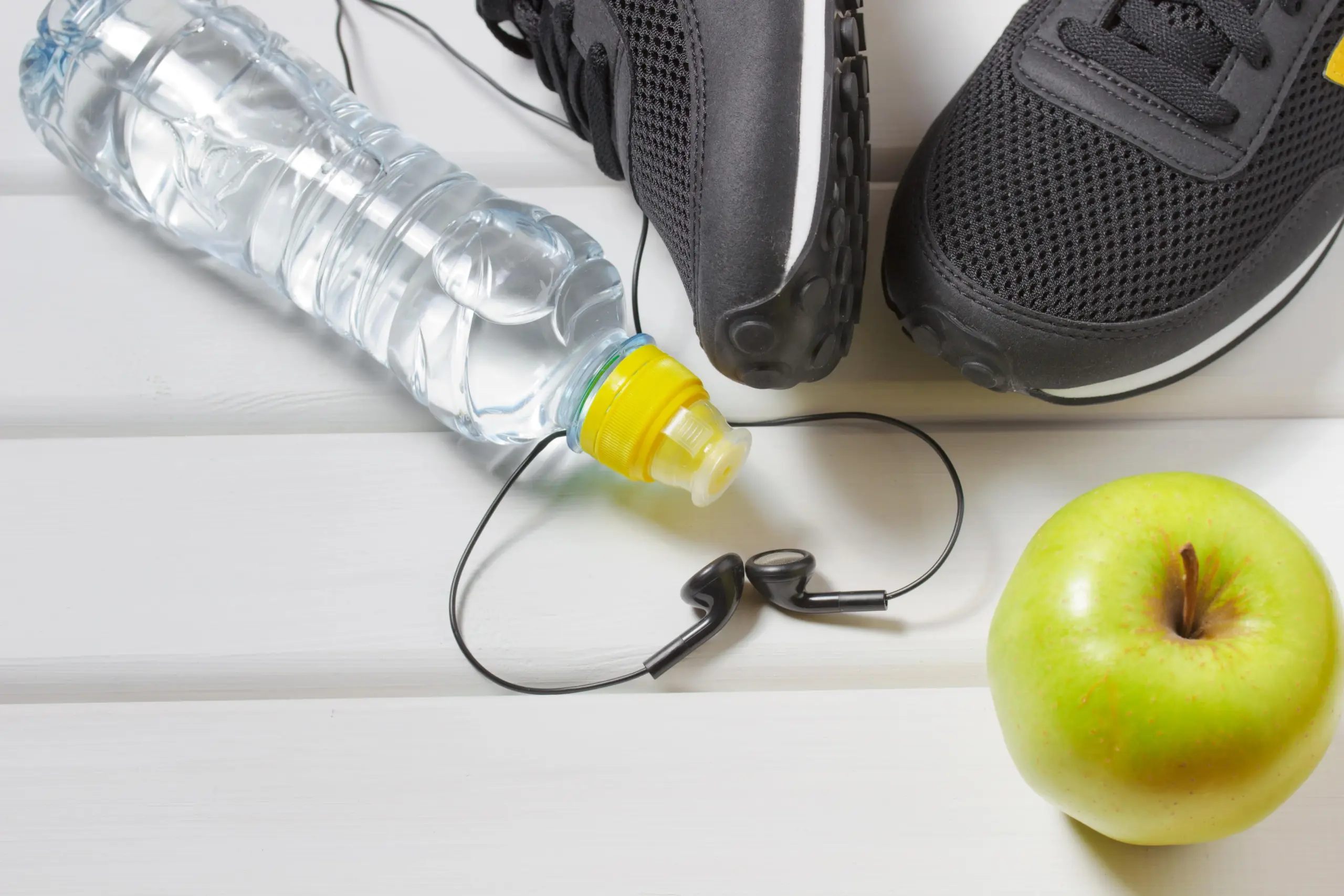Why Self-Care is Critical in the First 90 Days of Sobriety
TL;DR: In the first 90 days, self-care early sobriety is non-negotiable. Below you’ll find foundations (sleep, food, movement), a 90-day plan with milestones, how to protect energy and boundaries, and how Deluxe adds structure.
Important note: Deluxe Treatment Center is inpatient only and treats mental health only in conjunction with substance use. If you need a structured start, visit Admissions and our Residential (RTC) program.
The early weeks of recovery are a reset for your brain and body. Thoughtful self-care early sobriety—sleep, food, movement, connection—reduces vulnerability to cravings and helps you use therapy skills when stress hits.
Why the First 90 Days Matter
Routine builds stability while your brain recalibrates. National guidance (see NIDA and SAMHSA) emphasizes sufficient time in treatment, healthy routines, and support systems. In practice, that means consistent sleep/wake, simple meals, short movement, and daily check-ins.
Self-Care Foundations That Protect Sobriety
- Sleep: same wake time daily; dim light 60–90 minutes before bed; device to airplane mode at lights-out.
- Food: water + protein at breakfast; balanced plates; steady snacks to prevent crashes.
- Movement: 10–20 minutes of walking or gentle strength most days.
- Connection: two check-ins before noon (sponsor/peer/friend).
- Medications & appointments: pair doses with a morning cue; calendar therapy and group times.
Your 90-Day Self-Care Plan
Use these milestones to guide self-care early sobriety—adjust timing with your clinician.
- Days 1–30: Build anchors. Morning light + water, 10-minute walk, two texts, 30-minute wind-down.
- Days 31–60: Add structure. Plan tomorrow’s meals in 5 minutes; one skills worksheet before lunch; extend walks to 20 minutes.
- Days 61–90: Protect momentum. Add a weekly meeting or therapy goal; set a boundary for one recurring trigger; rehearse an “if/then” script.
Boundaries, Triggers & Social Plans
Boundaries aren’t punishment—they conserve energy for recovery. Decide in the morning: which invite is a yes/no? Where will you leave early? Draft an “exit text” you can send quickly. These moves keep self-care early sobriety realistic.
How Deluxe Treatment Center Supports You
Residential care turns self-care into systems. We’ll map a daily schedule, stack coping skills with routines, and create a week-one home plan before discharge. Learn more at Residential (RTC), see all Programs, or Contact Us.
Bottom Line
In the first 90 days, self-care early sobriety is your advantage. Keep habits short and repeatable, tie them to therapy skills, and build supportive check-ins. Stability makes change possible.
Start Strong—With Structure
Ready to build a plan that fits your life? Visit Admissions, explore Residential (RTC), or Contact Us to talk with Admissions today.
